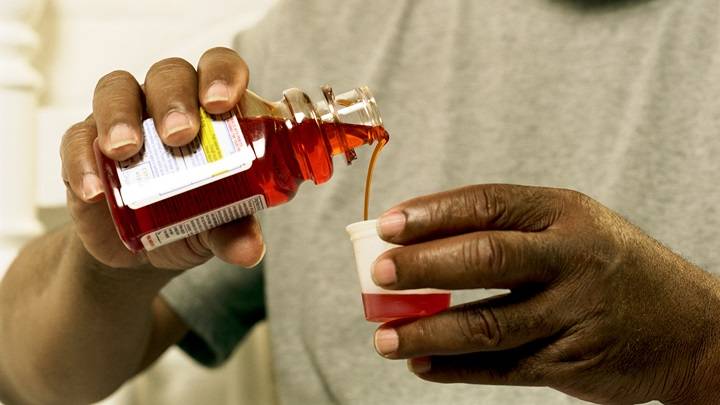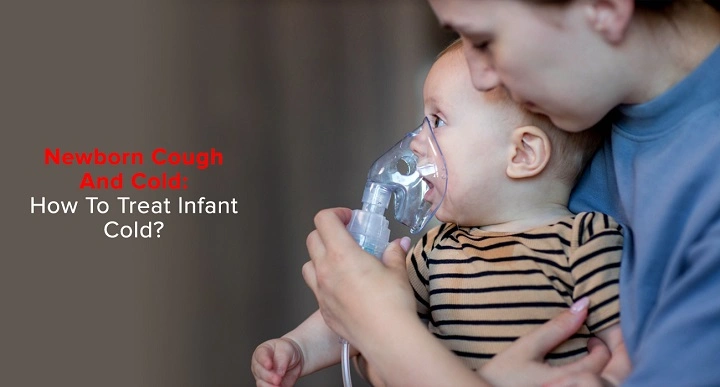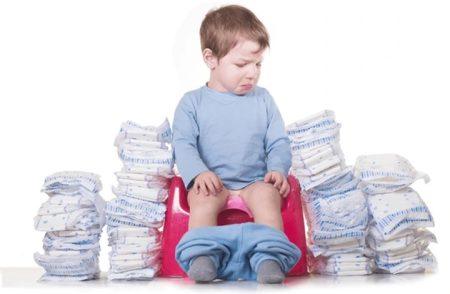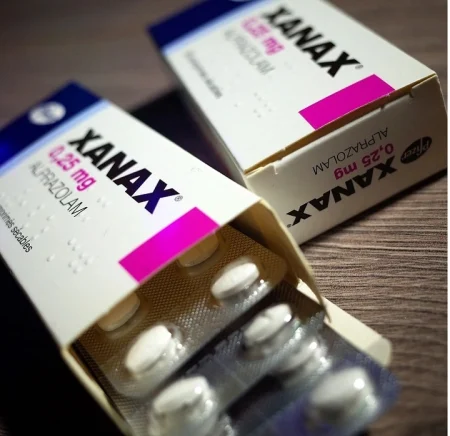Coughs in children can be distressing for both the child and the parents. As a parent, finding the right cough medicine for your child can be challenging with the myriad of options available in the market. Understanding the types of coughs, the ingredients in cough medicines, and their safety and effectiveness is crucial. In this comprehensive guide, we will delve into everything parents need to know about selecting the best cough medicine for kids.
Understanding Different Types of Coughs
- Dry Coughs: These coughs are often caused by irritants or inflammation in the throat and do not produce mucus.
- Wet or Chesty Coughs: These coughs are characterized by the production of mucus and are often a result of infections such as colds or flu.
- Nighttime Coughs: Coughs that worsen at night may indicate conditions such as asthma or postnasal drip.
- Croup Coughs: Recognizable by a barking sound, croup coughs are typically caused by viral infections affecting the larynx and trachea.
Choosing the Right Cough Medicine

- Natural Remedies
- Honey: Known for its soothing properties, honey can help alleviate cough symptoms, especially in children over the age of one.
- Herbal teas: Warm herbal teas containing ingredients like chamomile or licorice root can provide relief from coughs.
- Steam therapy: Steam from a warm shower or humidifier can help loosen mucus and ease coughing.
- Over-the-Counter (OTC) Medications
- Cough Suppressants: These medications help reduce the urge to cough, suitable for dry coughs.
- Expectorants: Designed to thin mucus, making it easier to expel, ideal for wet or chesty coughs.
- Antihistamines: Useful for relieving coughs associated with allergies or hay fever.
- Decongestants: If the cough is accompanied by nasal congestion, decongestants can help alleviate symptoms.
Safety Considerations
- Age Appropriateness: Always check the age recommendations on cough medicine labels. Some products may not be suitable for young children.
- Avoiding Certain Ingredients: Ingredients such as codeine and dextromethorphan should be avoided in children under specific ages due to potential side effects.
- Consulting a Healthcare Professional: If your child has underlying health conditions or if the cough persists for more than a few days, consult a pediatrician before administering any medication.
Tips for Administering Cough Medicine
- Follow Dosage Instructions: Always adhere to the recommended dosage based on your child’s age and weight.
- Use a Measuring Device: Avoid using household spoons and opt for a proper measuring device to ensure accurate dosing.
- Mixing with Food or Drink: If your child finds the taste unpleasant, you can mix the medicine with a small amount of food or drink to mask the flavor.
Home Remedies to Alleviate Cough Symptoms

- Hydration: Encourage your child to drink plenty of fluids to stay hydrated, which helps to thin mucus.
- Elevating the Head: Using extra pillows or raising the head of the bed can ease nighttime coughing.
- Warm Compresses: Applying a warm compress to the chest can provide relief from coughing and congestion.
When to Seek Medical Attention
- Persistent Coughing: If the cough persists for more than a week or is accompanied by other concerning symptoms such as high fever or difficulty breathing, seek medical advice.
- Underlying Health Conditions: Children with asthma or other chronic respiratory conditions may require specialized treatment.
- Allergic Reactions: If your child experiences any allergic reactions to cough medicine, such as rash or difficulty breathing, seek immediate medical attention.
Choosing the right cough medicine for kids involves considering various factors such as the type of cough, safety considerations, and age appropriateness. Natural remedies, over-the-counter medications, and home remedies can all play a role in managing cough symptoms in children. However, it’s essential to prioritize safety and consult with a healthcare professional if you have any concerns about your child’s cough. By understanding the options available and taking appropriate precautions, parents can help their children find relief from coughing and discomfort.








